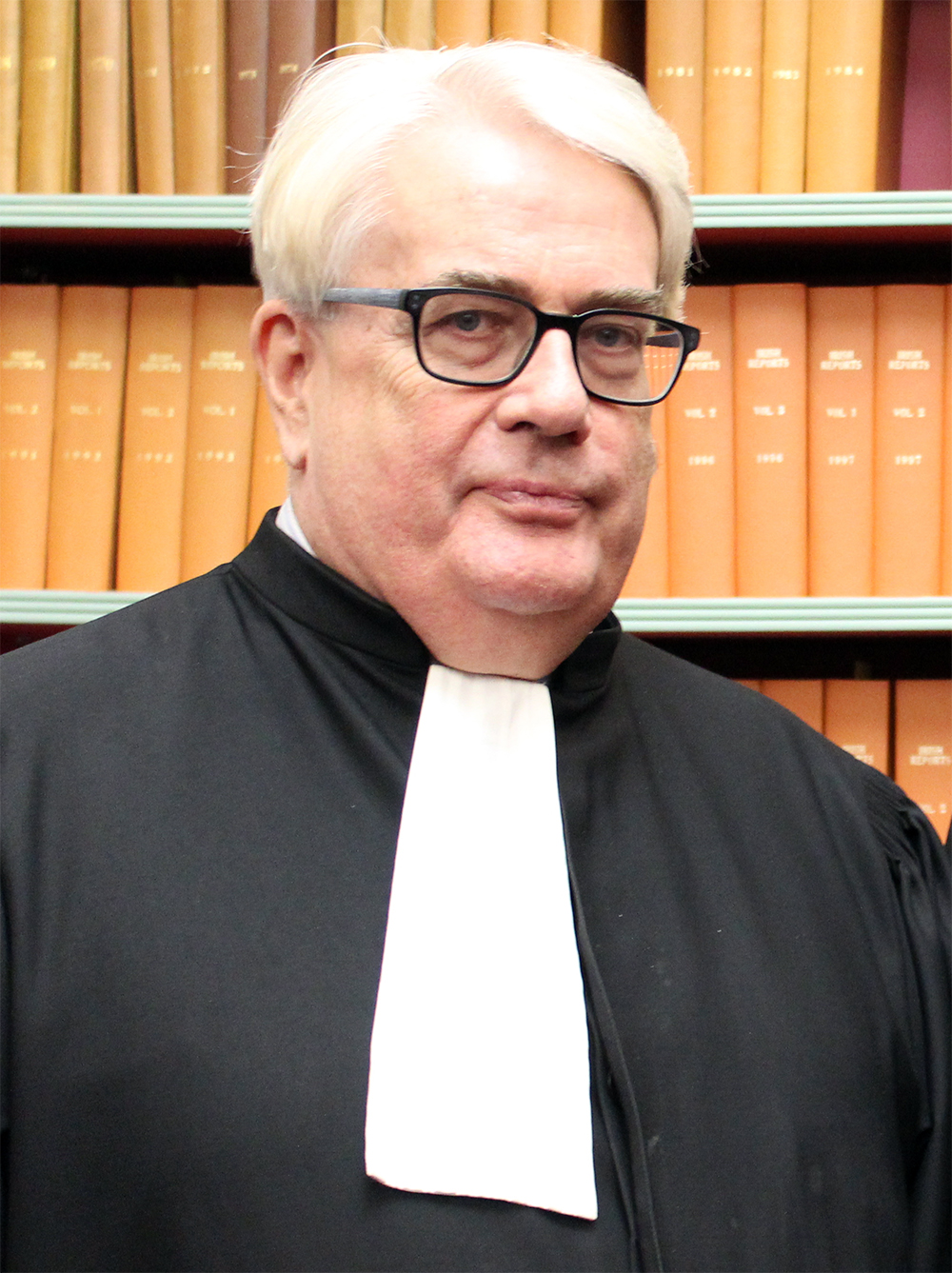First remote hearings begin in the Supreme Court

Chief Justice Frank Clarke
The first-ever remote hearings in the Irish courts began in the Supreme Court and Court of Appeal this morning as part of a pilot of the new technology.
The pilot was announced earlier this month in response to the COVID-19 pandemic and its impact on the administration of justice.
Speaking ahead of the brief case management hearing taking place in the Supreme Court, Chief Justice Frank Clarke said he expected it to be “the first of many [remote hearings] in the coming weeks and months”.
Parties in some cases will “shortly be contacted” about the possibility of cases being heard under the remote courts procedures in the weeks beginning 11 May 2020, the Chief Justice said.
However, he warned: “While remote hearings are an obvious focus of this morning and while such hearings are likely to prove suitable for most if not all cases in this court and many in the Court of Appeal, it must be acknowledged that different considerations apply in trial courts.
“Remote hearings will be suitable for some types of proceedings in the High Court and a limited number of cases in the District and Circuit Courts. The court presidents and the Courts Service are exploring ways in which to increase the number of cases which can be dealt with in physical hearings.”
A mock trial took place in the Supreme Court last Friday as part of a test of the new remote hearings technology.
Chief Justice Clarke thanked “those barristers, solicitors and courts staff who participated”, adding: “While it was inevitable that some difficulties were encountered, I consider that the experiment was sufficiently successful to allow us to move to real hearings.
“For that mock appeal, draft guidance on the conduct of remote hearings was circulated to participants. Some revision of that draft will be made in the coming days to reflect the experience of last Friday and that guidance will then be made available as the practice direction contemplates.”
The “most significant departure” in the new practice direction involves the possible circulation by the court, in advance of the oral hearing, of a “statement of case” and/or a “clarification” request.
The Chief Justice explained: “The statement of case will set out the court’s understanding of the facts, the relevant findings of the courts which have dealt with the case, the issues which arise on the appeal and the positions of the parties on those issues.
“Where the court is unclear on any of those matters, clarification will be sought. It is hoped that this procedure will bring greater clarity to the issues in advance and reduce the need for interventions from the court for purely clarification purposes.
“It is unlikely that remote hearings would be suited to some of the forms of debate between the court and counsel which have been common in the past.”
He added: “These changes will be kept under constant review as the court gains experience in the use of remote hearings.
“However the adoption of the practice of issuing a statement of case some 10 to 14 days before the hearing means that it will be a short while before most substantive appeals can go ahead under this new process.
“Some initial appeals have been identified and the parties concerned will shortly be contacted about the possibility of cases commencing to be heard under the new procedures in the weeks commencing May 11th.”








